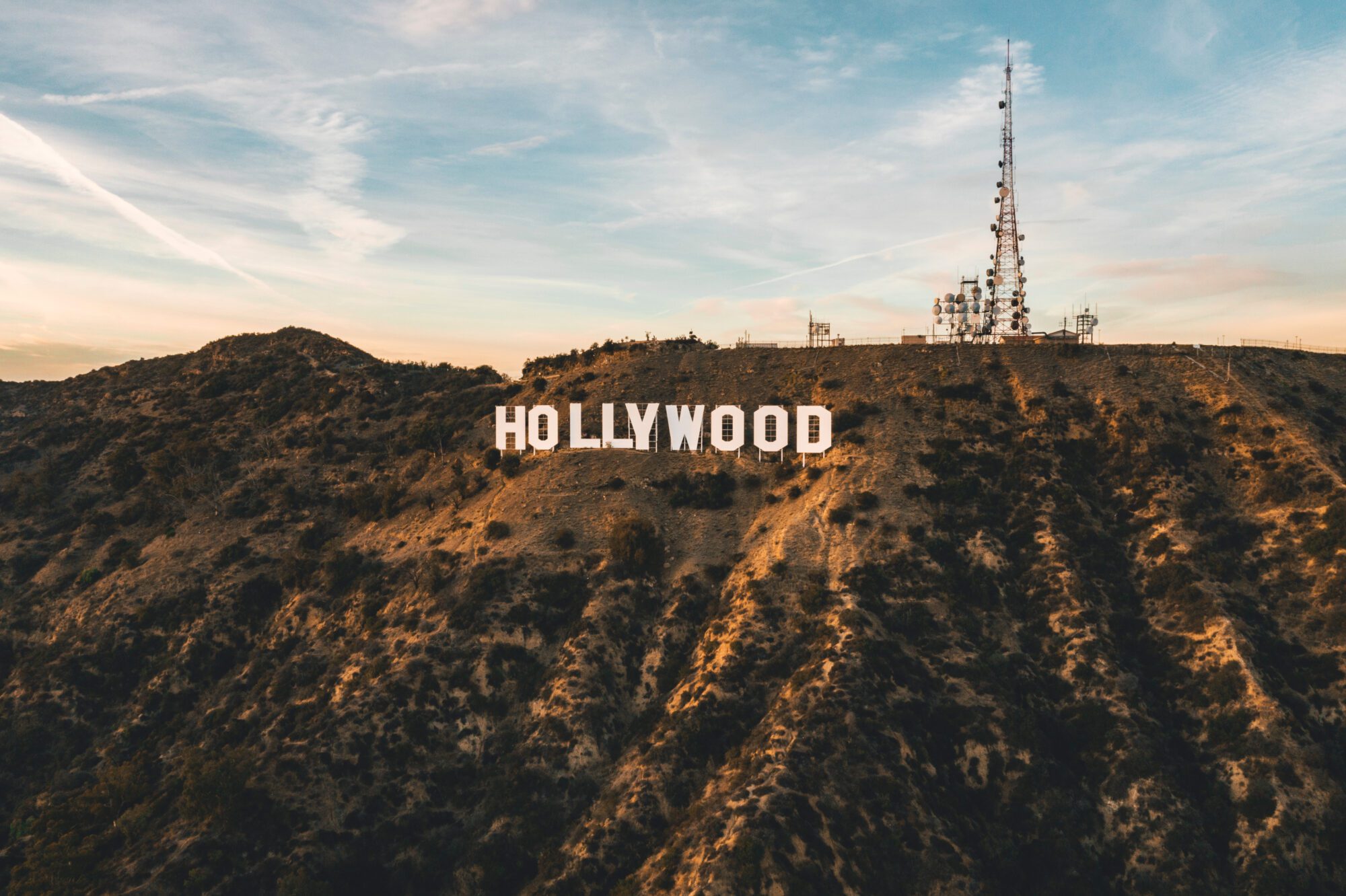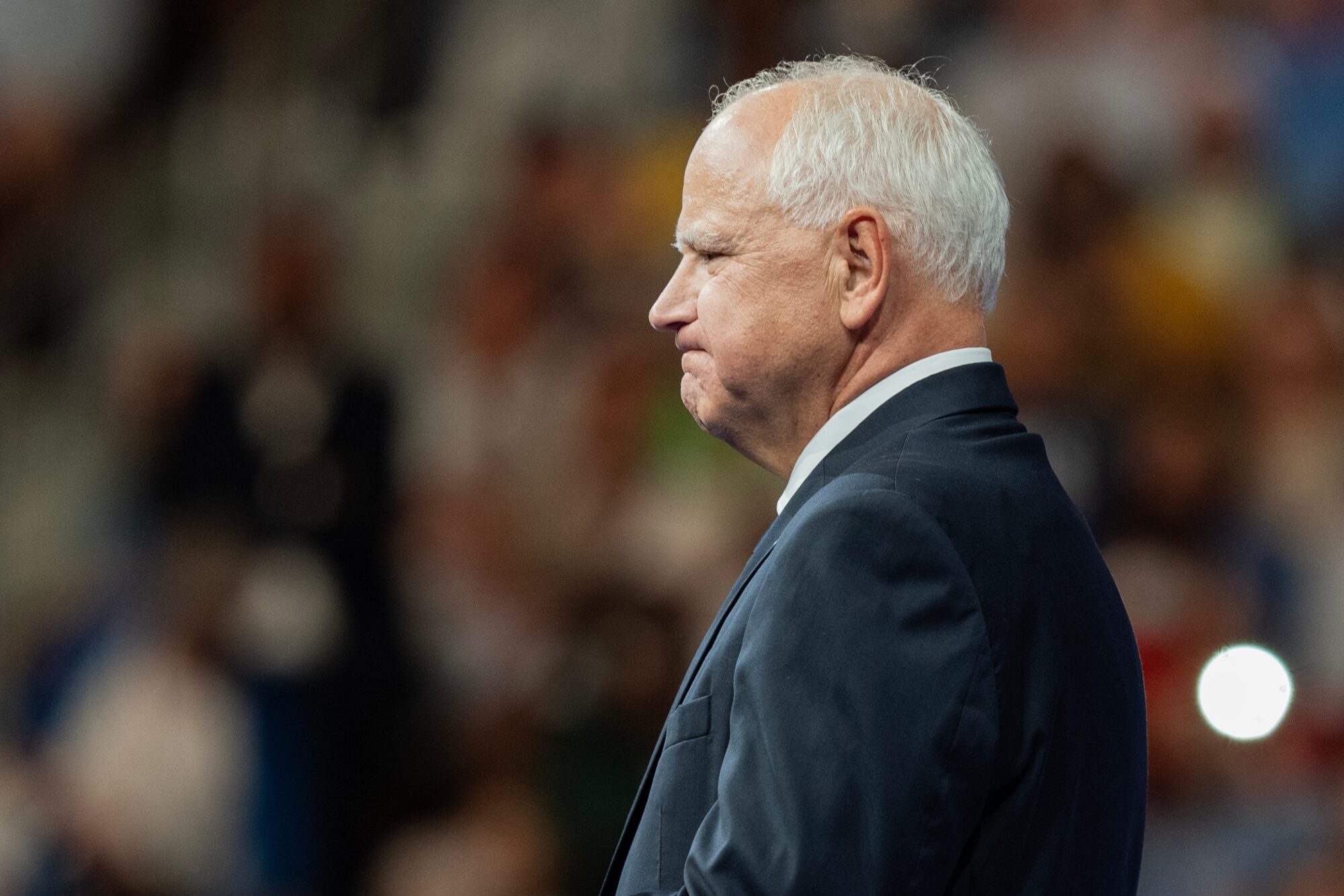
(Photo from Shutterstock)
- President Trump might be crushing his enemies with this “film tariff,” but his friends and supporters will feel it too.
In yet another late-night proclamation on Truth Social, Donald Trump announced his intent to follow through on a 100% tariff on films produced outside the United States. Wall Street’s entertainment stocks took a dip as soon as the market opened, a bad start to the week for Netflix, Disney, Warner Bros., and Paramount. Trump likened film shoots abroad to “stealing candy from a baby,” in this case, referring to California Gov. Newsom. Maybe this “candy” should be stolen.
President Trump’s special talent is picking fights with Democrats that are utterly toxic for his opponents, and whether it be illegal immigration, Antifa running Portland, or the widely popular issue of thwarting carjackings in D.C., Democrats run face-first into the trap every time. Yet, when it comes to Hollywood productions, Trump is saving Democrats from accountability to American audiences and the casts and crew who make films and television.
No one in America, even Hollywood nitwits, think Republicans somehow killed the movie business in California. The very fact that Mayor Karen Bass had to pledge to make it easier to shoot in Los Angeles is an admission of who broke it.
Adam Scott and Rob Lowe, both industry veterans of “Parks and Recreation” fame, have said as much. According to Lowe, it’s now cheaper to fly an entire production crew to Ireland than it is to walk across a studio parking lot in Los Angeles. That’s not globalization run amok, that’s failed liberal governance and industry capture by the labor unions happening in broad daylight.
It’s this kind of ugly situation that drove George Lucas mad in the 1970s when he was developing the first “Star Wars.” Lucas held a famous antipathy toward union rules and thwarted them at every turn. He took his production of what would become the most important American movie of a generation to the United Kingdom for the majority of the shooting, and then to Tunisia, with a brief stint in Death Valley, California.
Trump is framing movies being shot in America as some sort of patriotic act, but if that’s the case, what are we to make of “One Battle After Another,” a love letter to leftist political violence starring Leonardo DiCaprio, filmed as a tapestry of California?
There’s nothing innately good about a “Made in America” film.
And how would this tariff even work? No one seems to know, not even Commerce Secretary Howard Lutnick. With streaming as the norm and physical media fading into irrelevance, taxing digital assets is a regulatory black box. Taxing imported DVDs is perfectly practical, but how do you tariff a Netflix original produced in South Korea and being streamed by a consumer in Kansas? It’s unclear.
Netflix’s content library is well over half overseas productions. Still, it’s not even clear to industry analysts whether or not films are a good or a service. This would mark the first time that Donald Trump has launched a tariff crusade on anything other than a physical import.
If the administration targets new films hitting theaters with tariffs that function as a tax on box office sales, most major motion pictures will be lucky to turn a profit. Consumers can expect to pay higher prices at the box office and see their Amazon rental fees for movie nights go from being a few bucks to an actual investment. It’s a bad look for Republicans to make themselves box office toll collectors.
Who will people blame on Friday nights when their movie is even more expensive? Not Gavin Newsom. Republicans will bear all the blame for slightly higher prices on productions that Democratic politicians and their union buddies made so expensive.
The irony is that Trump is slapping his enemies, friends, and his closest political allies abroad all at the same time. Under Viktor Orbán, Hungary has grown into a film and TV powerhouse, and Trump allies at the Daily Wire, helmed by Ben Shapiro, took “The Pendragon Cycle” to Hungary and Italy.
They did this because to make an ambitious project, unapproved by Hollywood liberals, costs must be kept as low as possible. That market mindset is why we have “Star Wars” in the first place. In 1977, it was too risky, cheesy, and optimistic for a cynical Hollywood
President Trump might be crushing his enemies with this “film tariff,” but his friends and supporters will feel it too.










